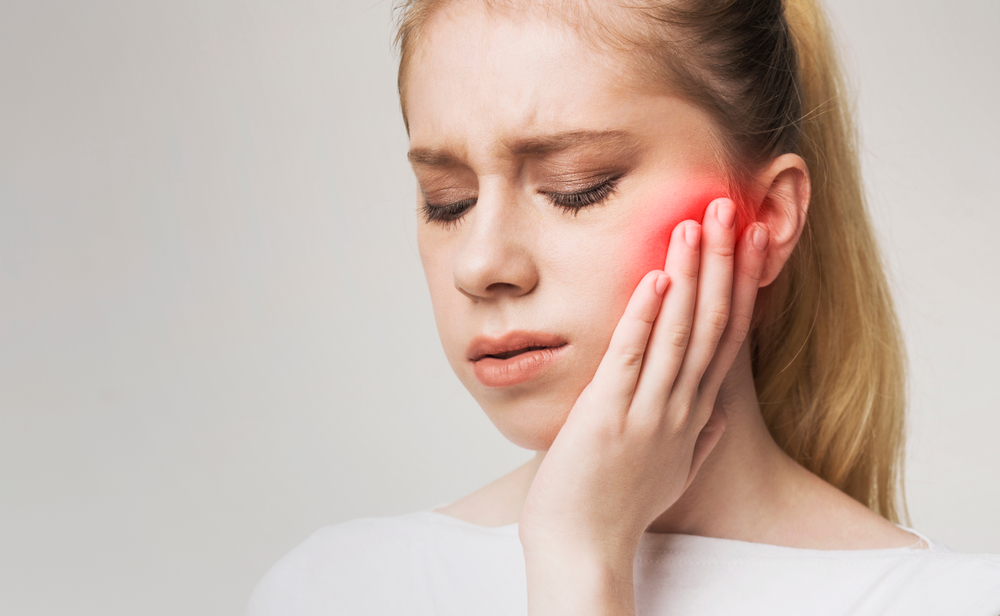Orthodontic emergencies can occur during orthodontic treatment, and it’s important to be prepared and know how to handle them to avoid further complications. In this blog post, we will discuss common orthodontic emergencies, what to do when they happen, and how to prevent them in the first place.

- Broken or Loose Brackets or Bands: If a bracket or band becomes loose or breaks, it’s essential to contact your orthodontist as soon as possible. In the meantime, you can use dental wax to cover any sharp edges that may cause discomfort or irritation. Avoid eating hard, sticky, or chewy foods that can further damage the brackets or bands.
- Poking or Irritating Wires: Sometimes, orthodontic wires can shift or protrude, causing discomfort or irritation to the lips, cheeks, or tongue. You can try to gently push the wire back into place using a clean cotton swab or the eraser end of a pencil. If that’s not possible, you can cover the end of the wire with dental wax and seek professional help from your orthodontist at Grafton Ortho!
- Lost or Broken Retainer: Retainers are essential for maintaining the results of orthodontic treatment. If your retainer is lost or broken, it’s crucial to contact Grafton Orthodontics promptly. Avoid going without wearing your retainer, as this can cause your teeth to shift back to their original position.
- Discomfort or Soreness: It’s common to experience some discomfort or soreness during orthodontic treatment, especially after adjustments. Over-the-counter pain relievers, such as acetaminophen or ibuprofen, can help alleviate the discomfort. Rinsing with warm saltwater or using an orthodontic mouthwash can also provide relief.
- Mouth Sores or Ulcers: Braces or orthodontic appliances can sometimes cause mouth sores or ulcers. Applying a small amount of orthodontic wax over the area that’s causing the irritation can provide relief. Avoid consuming spicy or acidic foods that can further irritate the sores.
Prevention is always better than cure. Here are some tips to help prevent orthodontic emergencies:
- Follow your orthodontist’s instructions carefully, including avoiding certain foods that can damage braces or appliances.
- Maintain proper oral hygiene by brushing and flossing regularly to prevent plaque buildup and gum issues.
- Avoid bad oral habits, such as chewing on pens or pencils, biting your nails, or opening packages with your teeth.
- Attend all scheduled orthodontic appointments for adjustments and check-ups.
- Wear a mouthguard during physical activities or sports to protect your braces or appliances from damage.
- Be mindful of what you eat and avoid hard, sticky, or chewy foods that can cause brackets or wires to break.
At Grafton Orthodontics, we do everything we can to minimize the likelihood of an orthodontic emergency. When these things do happen, we do our best to get our clients in to see Dr. Amanda immediately! Call us at 262.377.8950 to schedule an appointment.
